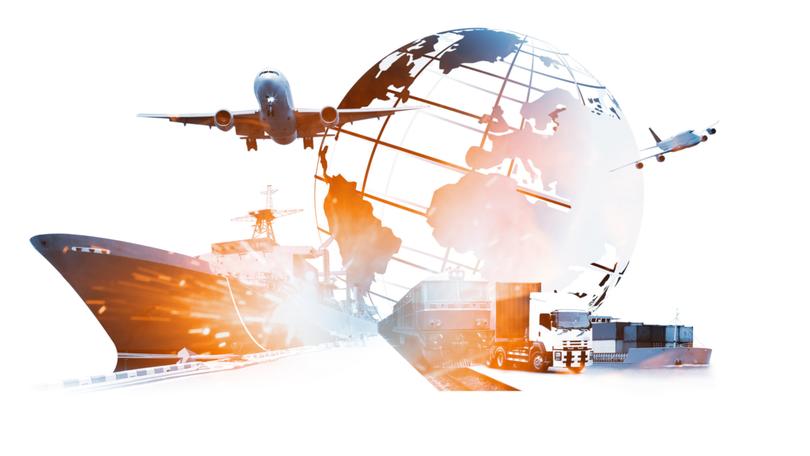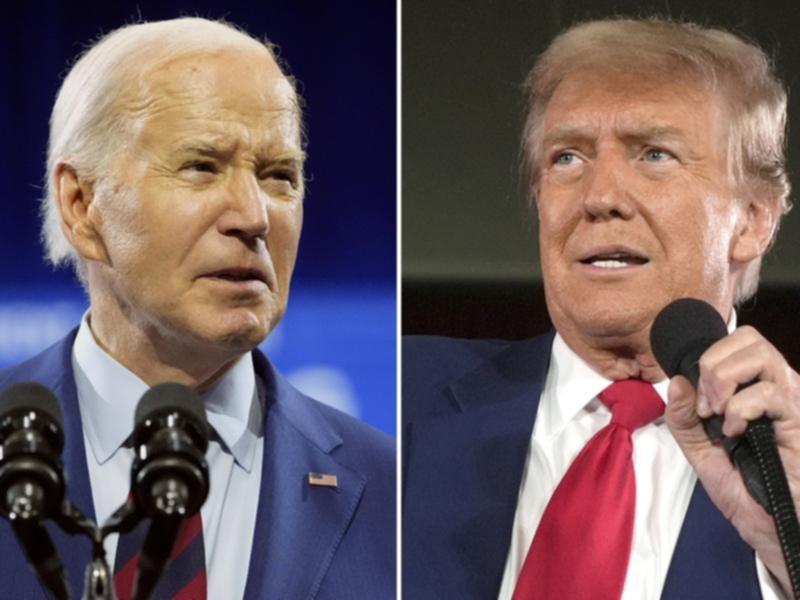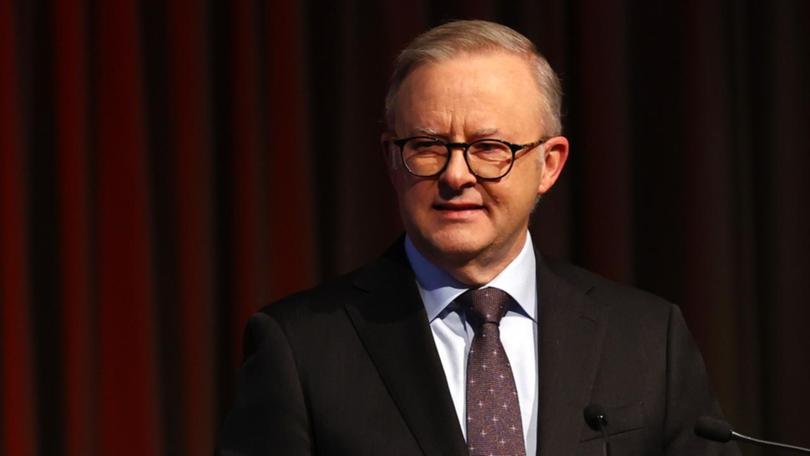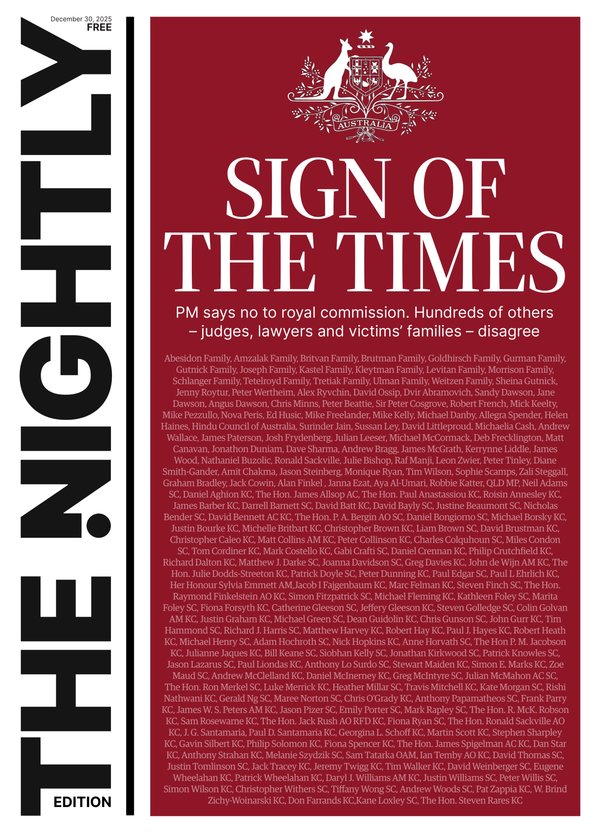SIMON BIRMINGHAM: Industries need to be able to stand on their own two feet, not rely on handouts

Prepare for things to get worse. If you think the economy is tough right now, then hold tight as the world reverses several decades of successful economic reform.
Global tensions, rising populism and green economics are all driving an increasing number of countries to resurrect policies that previously made goods more expensive and reduced living standards.
Of course, no country is seeking to engineer lower standards of living, but on current trends, we should all be alert to the risk.
Sign up to The Nightly's newsletters.
Get the first look at the digital newspaper, curated daily stories and breaking headlines delivered to your inbox.
By continuing you agree to our Terms and Privacy Policy.Tariffs are coming back with a vengeance. Tariffs, being a technical term for taxes that we all pay on imported goods.
Subsidies are flowing thick and fast. Subsidies are taxpayer money given to businesses that governments pick as future winners.
Protectionism is simultaneously being cloaked in a shawl of national security while being given a nice coat of greenwashing.
From the United States to Europe and to many other nations like Australia, protectionist policies are being revived and refreshed.
Arguments about sovereign capability and avoiding overreliance on China form one pillar of justification.
Another is the need to manage the transition to lower emissions.
In some cases, global leaders aren’t even bothered with these arguments, even though they offer at least some valid justification.
Instead, some simply pursue a populist argument to those who feel left behind or worse off. Inflationary pressures are making this easier to pursue politically, even if the populist solutions will likely worsen inflation rather than fix it.
Market liberalisation and global trade are hardly populist slogans. But they’ve been effective policies to drive productivity, create wealth and lift people out of poverty.
In Australia, the economic reforms of the Hawke and Howard years helped to deliver 30 years of uninterrupted economic growth.
As painful as the transition from high tariffs and big government subsidies was in sectors like the textile or car industry, the redirection of our economy towards areas of comparative advantage achieved lower unemployment, higher incomes, increased purchasing power and a more productive economy.

Globally, the opening up of markets and trade liberalisation has helped to lift hundreds of millions of people out of poverty, especially across Asia.
We reverse these economic reforms at our collective peril. Yet that is what’s happening.
The United States pursued higher tariffs against not only China but many other economies under president Trump. President Biden has continued on the same trajectory.
China, which is far from a transparent market economy, retaliated with its own tariffs, while also continuing its support of many state-owned or state-supported enterprises. Australia knows all too well what attempted economic coercion from China looks like.
The European Union has never let go of subsidies in sectors like agriculture, has added to them in a number of climate policies, and are now considering its own burst of additional subsidies targeting China.
The EU is also leading the way in developing a Carbon Border Adjustment Mechanism, which is intended to work as a targeted tariff on more carbon-intensive imports.
Also in the name of climate change, the Biden administration has applied the biggest industrial subsidies seen in generations.
Here in Australia, the Albanese Government is using the market interventions of the US and EU, along with the market dominance of China, to justify a big return to policies of industrial subsidies. They are also developing a CBAM for Australia.

Individually you can mount a justification for many of these measures.
Stopping carbon leakage is important if climate policies are to be effective. There are sound strategic reasons to avoid Chinese market dominance in sensitive sectors critical to national security or resilience.
But we must be alert to the collective impact of such policies and guard against a race to even higher tariffs and bigger subsidies.
There is no shortage of rent-seeking industries and businesses that will always argue the case for governments to support them. However, it is taxpayers and consumers who will always pay.
So too will our exporters. Australia routinely exports more than we import, with one in five jobs being trade-dependent. We have much to lose from a collapse in global trade.
In the long run, industries need to be able to stand on their own two feet, and not rely on handouts or protection.
If the era of truly multilateral trade liberalisation between nations is breaking down due to the risks and actions of authoritarian nations, then it is even more important for democracies and nations committed to international rules to open up to one another.
The Trans-Pacific Partnership trade agreement delivered under the previous Liberal government is a sound example of how this can work. In contrast, the breakdown in Australia’s free trade negotiations with the European Union under Labor is a massive missed opportunity to better connect the economies of like-minded nations.
If we don’t want prices, taxes and economic pressures to get worse, then Australia must lead by example.
Contrary to Prime Minister Albanese’s argument that we mustn’t get left behind in the global subsidy race, we must instead avoid a race to the bottom, be highly targeted in any interventions, and argue internationally for the opening of new markets wherever we can.
Senator Simon Birmingham is the shadow foreign minister and a former trade minister.
